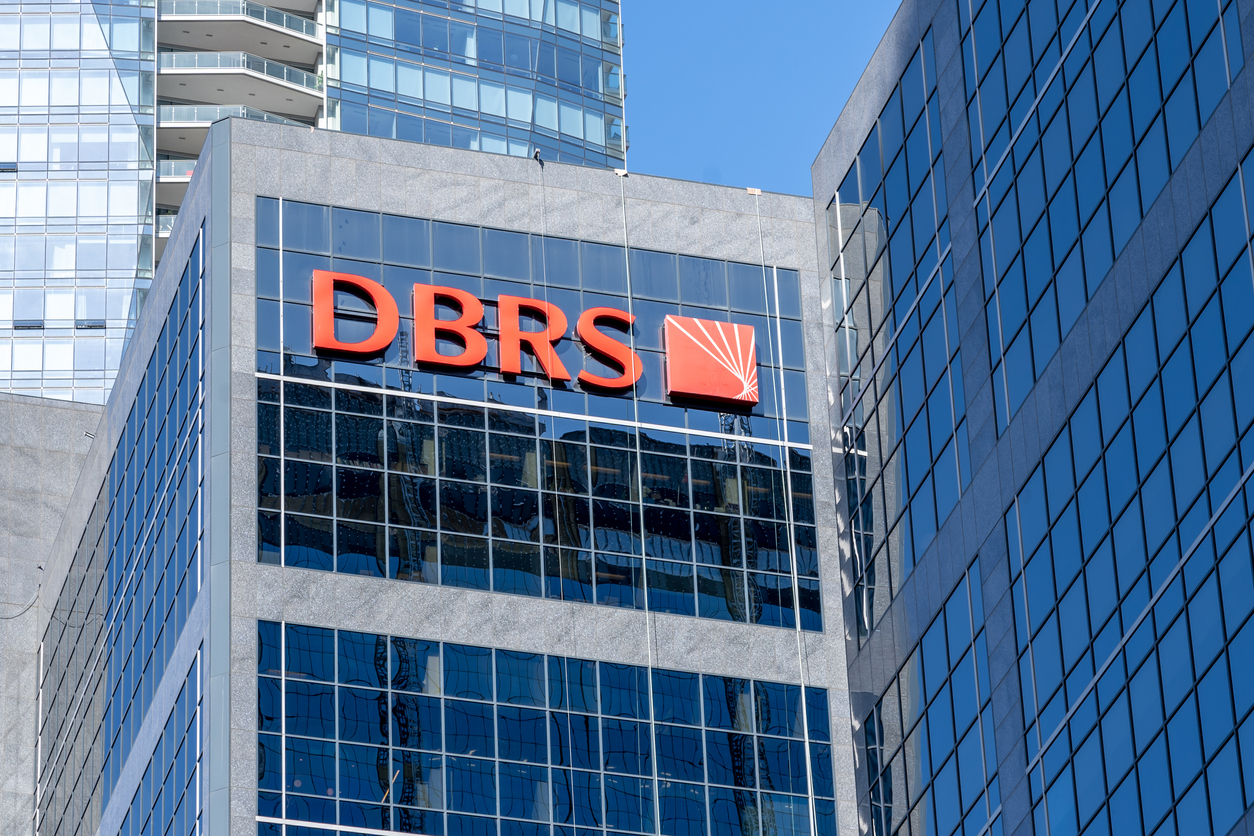No change of gradient has reserved the credit rating of Dbrs for the Greek economykeeping it in the BBB with a fixed outlook.
Although the situation is not favorable, with international state debt markets being tested by strong volatility, DBRS did not provide any unpleasant surprise for the Greek economy. The rationale is based on durable growth, continuous primary surpluses and debt -to -be debt, with “weights” high debt and a large current transaction deficit.
The confirmation of the evaluation by the DBRS is accompanied by an estimate that the short -term risks are balanced, with support from the policy and a member of the country in the EU and the Eurozone. At the same time, it is noted that perspectives are affected by external pressures (geopolitical risk, commercial friction).
GDP expanded by +2.3% in 2024, compared to 0.9% in the eurozone, with the Commission “seeing” a similar pace this year. The positives are recorded that unemployment was at 8% in July 2025 and the RRF investment boost. Inflation stood at 3.7% in July and more than 2% on the energy/services forecast.
The report notes that in 2024 it was closed with a general government surplus of 1.3% of GDP and a primary 4.8%, better than the target, thanks to costs and stronger receipts (9.5% rise against budget), contributing from tax evasion measures. Commission forecasts are 0.7% this year and 1.4% in 2026.
For debt ratio it was 153.6% of GDP in 2024, with a downward track to ~ 141% in 2026 (Commission) and ~ 125% in 2030 (IMF). Structural “pillows” are 100% fixed interest rate after swaps, average duration of 18.7 years, 74% on official bodies and cash available, while the spread 10 years amounted to 75 MB. In July 2025.
The current account deficit was -6.9% of GDP in 2024. The Commission “sees” an average deficit ~ 8.1% in the next two years, but in the medium term, an improvement is expected as export capacity increases and RES reduce energy imports. The IMF provides for -4.1% by 2029.
In the banking system, the “inheritances” of the past decrease: NPEs 2.9% for large banks (June 2025) from 32% in 2020, CET1 16% and EBA 2025 stress tests. The quality of capital with faster DTA is improving.
It is recalled that on March 7, the Canadian evaluation firm proceeded with Greece’s first upgrade within an investment level, ranking it into the BBB and turning the outlook from “positive” to “fixed”, which did not foresee any change for tonight’s evaluation.
Although the country has already recovered the investment level from all major houses, its position in the ranking remains lower than other economies and therefore more exposed to international fluctuations.
In any case, the DBRS decision acts as an indicator for markets that monitor changes in ratings. It is not going to be a breakthrough in the stance towards Greece, but the space where markets give to Greece to continue its course in a demanding international environment.
